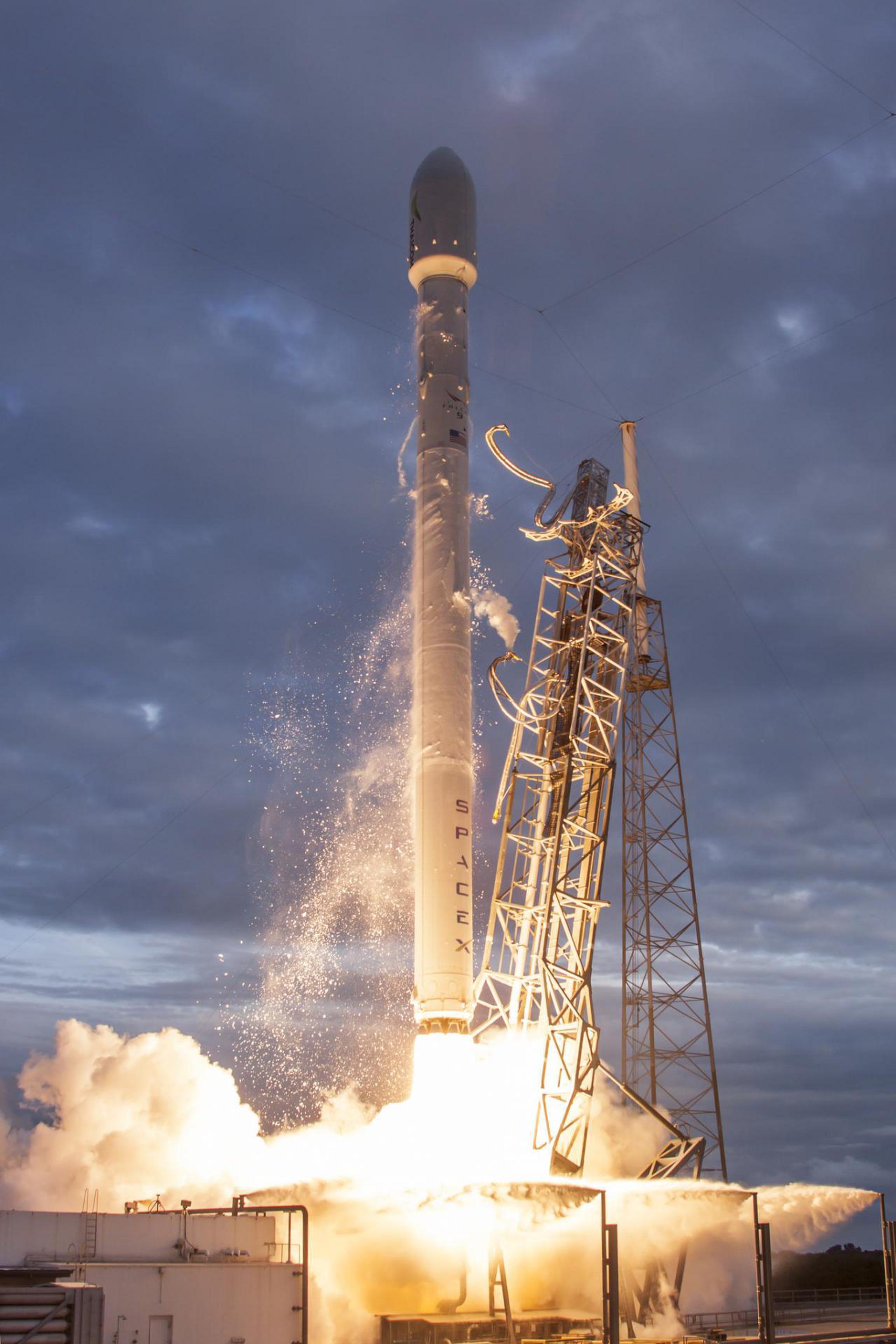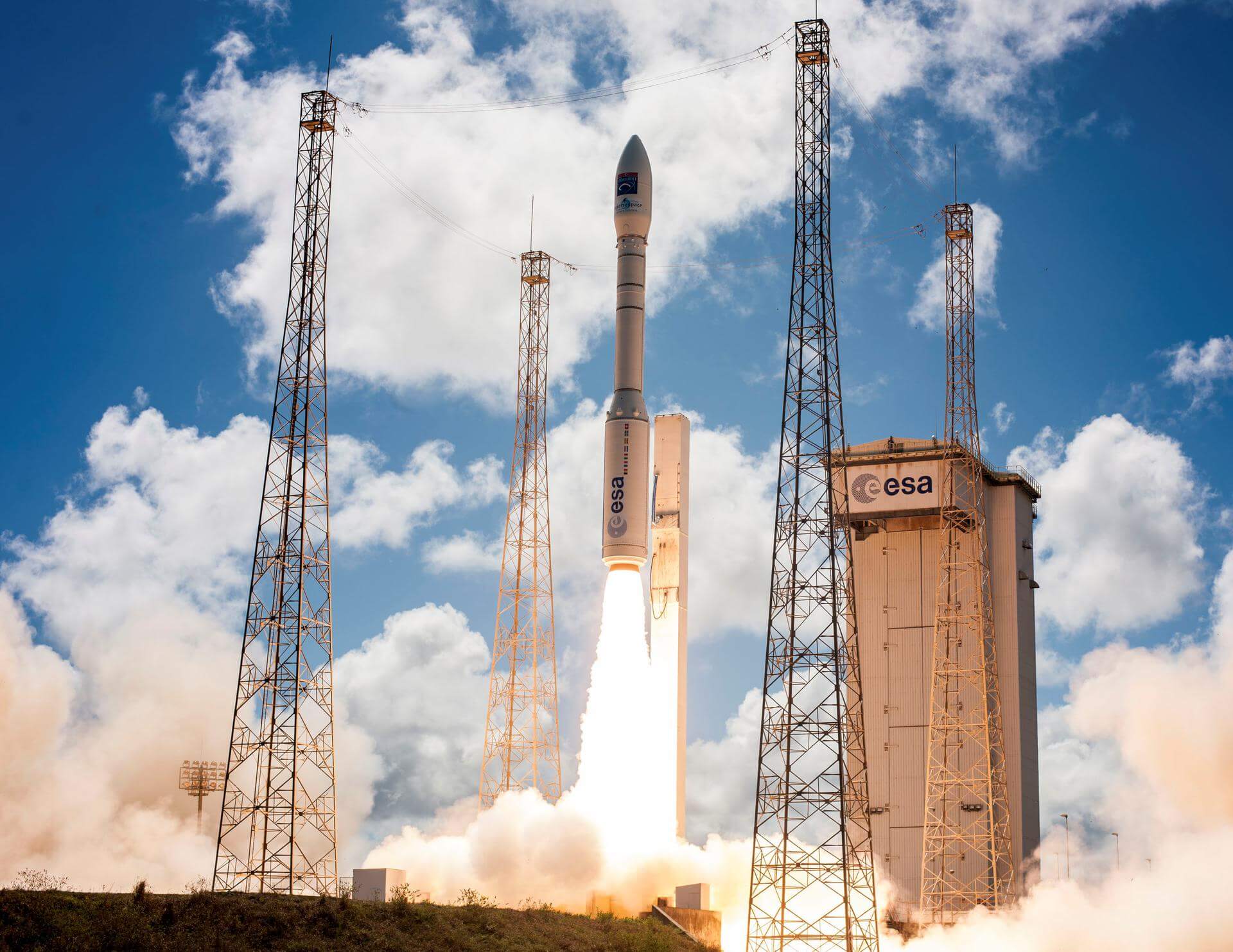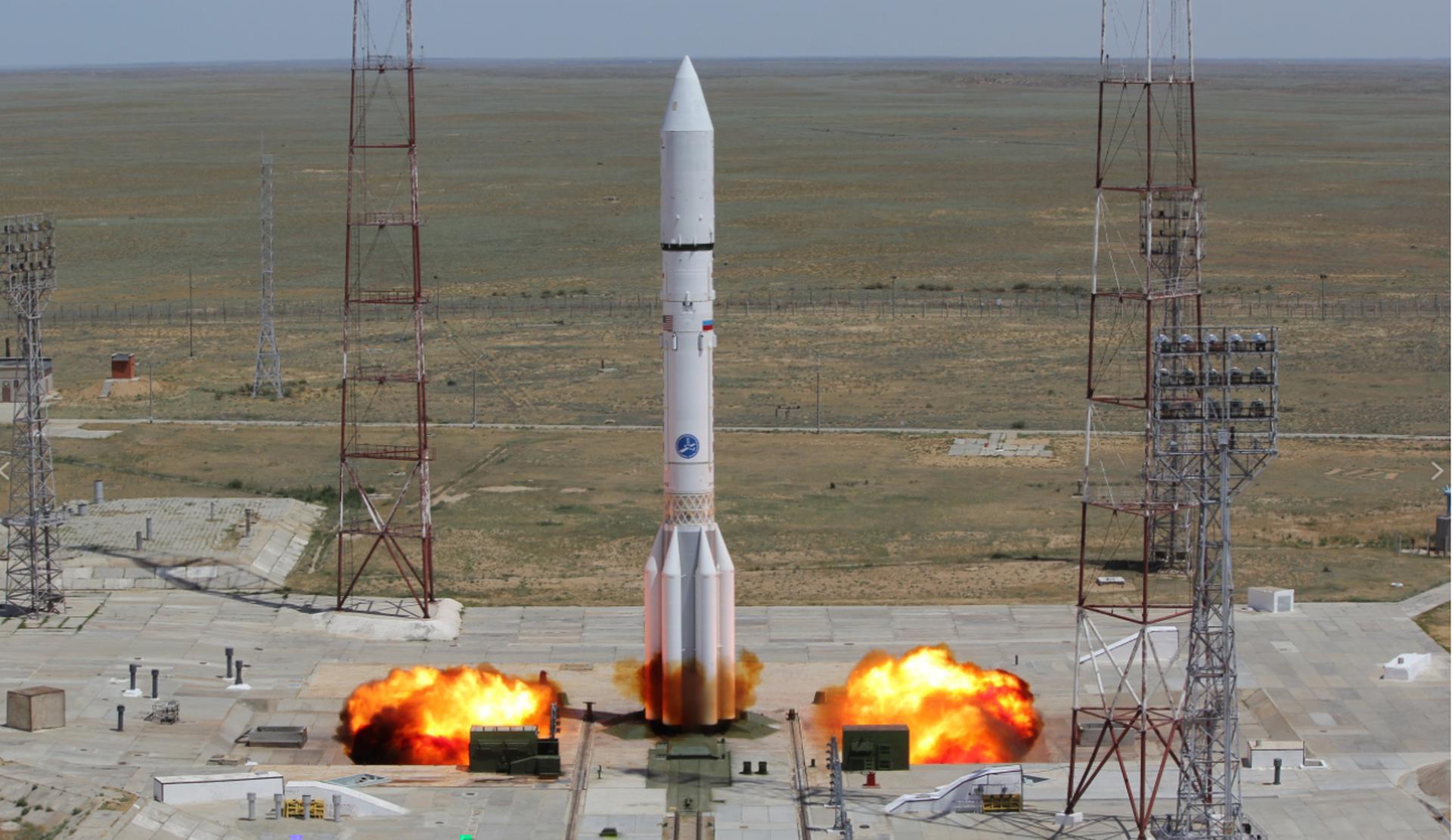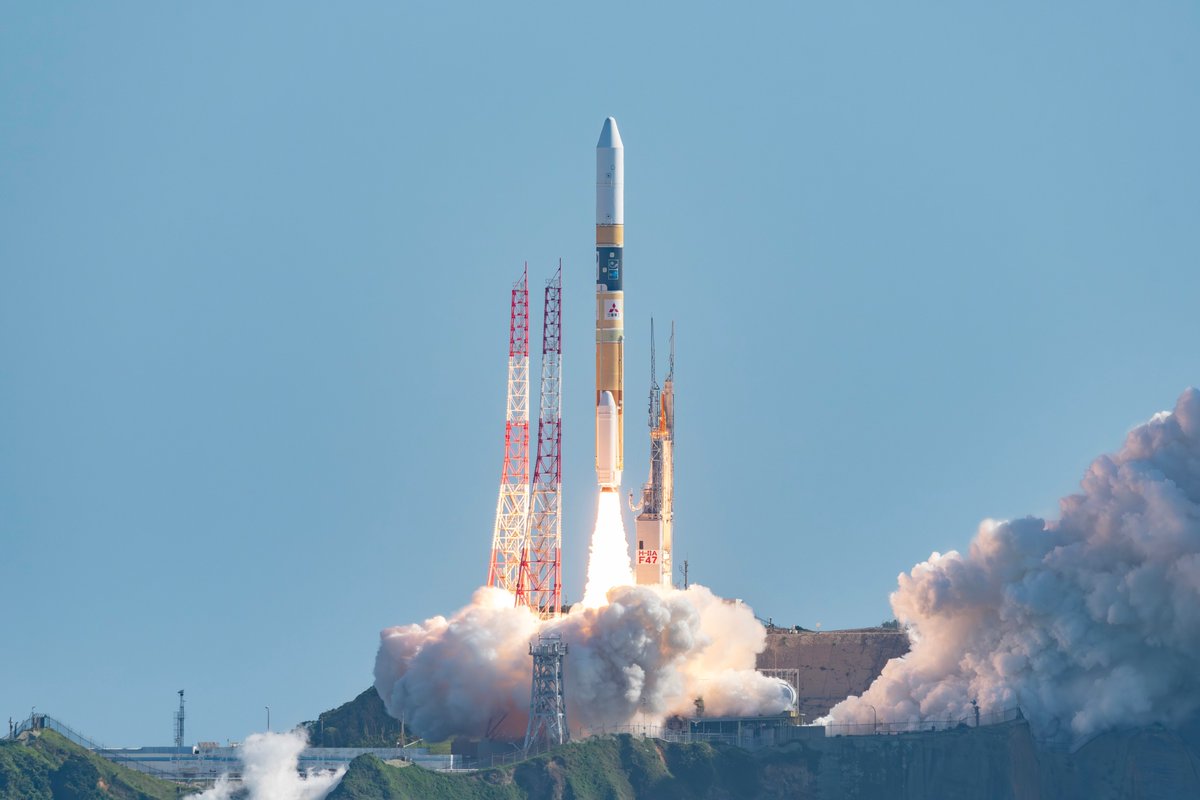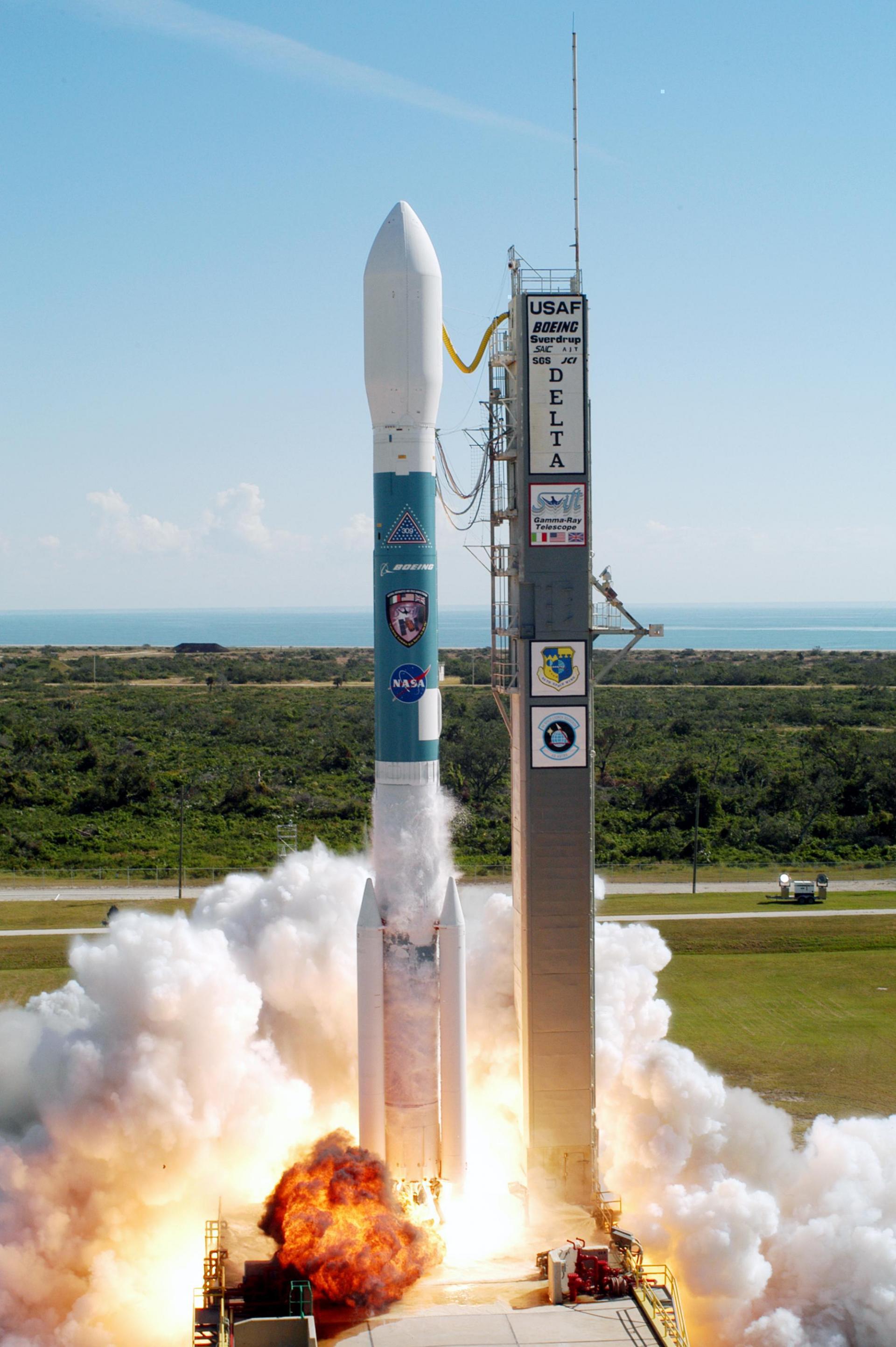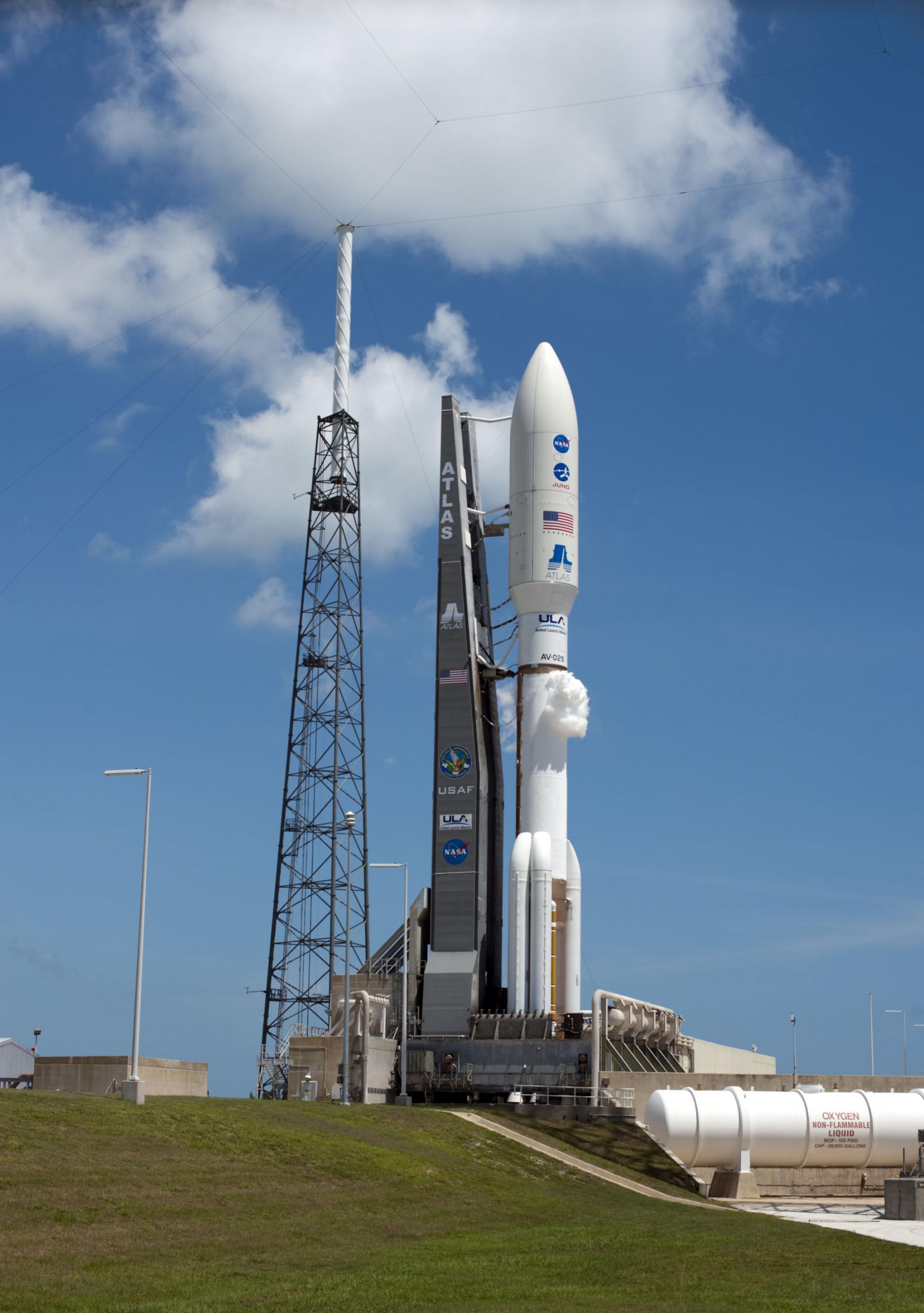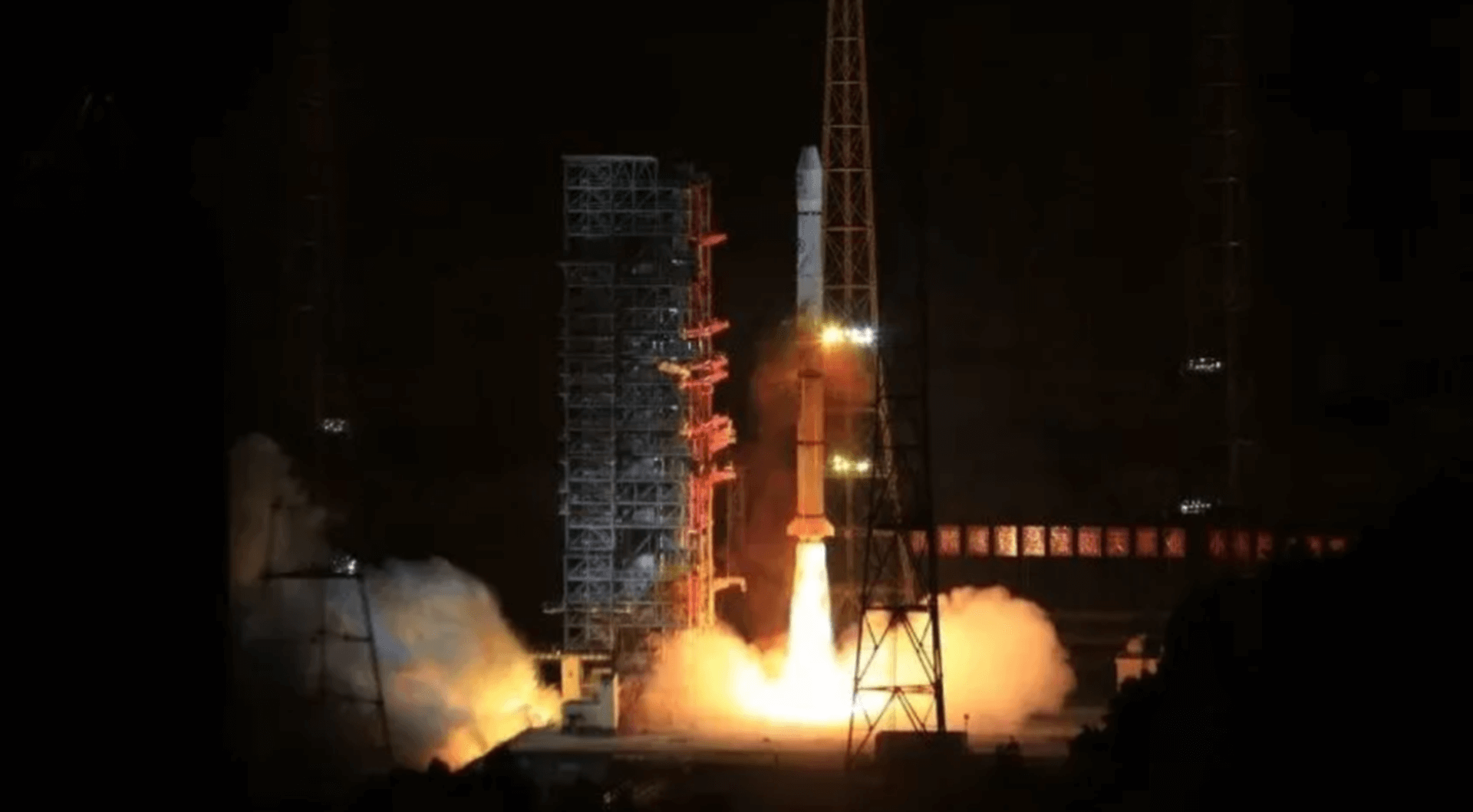Previous Spaceflight Launches
Filter by Agency, Locations or Vehicles
Show All LaunchesFalcon 9 | DSCOVR
SpaceX | United States of AmericaCape Canaveral SFS, FL, USA
Feb. 11, 2015, 11:03 p.m.
Status: Launch Successful
Mission:
A SpaceX Falcon 9 rocket will launch the Deep Space Climate Observatory for the U.S Air Force, NOAA and NASA. DSCOVR will be positioned at the L1 libration point to monitor space weather and Earth's climate.
Heliocentric L1 B1013 - Maiden Flight Atlantic OceanVega | IXV
Avio S.p.A | ItalyGuiana Space Centre, French Guiana
Feb. 11, 2015, 1:40 p.m.
Safir | Fajr
Iranian Space Agency | IranSemnan Space Center, Islamic Republic of Iran
Feb. 2, 2015, 8:52 a.m.
Proton-M Briz-M | Inmarsat-5 F2
Khrunichev State Research and Production Space Center | RussiaBaikonur Cosmodrome, Republic of Kazakhstan
Feb. 1, 2015, 12:31 p.m.
H-IIA 202 | IGS Radar Spare
Mitsubishi Heavy Industries | JapanTanegashima Space Center, Japan
Feb. 1, 2015, 1:21 a.m.
Delta II 7320-10C | SMAP, FIREBIRD II A, FIREBIRD II B, GRIFEX, ExoCube
United Launch Alliance | United States of AmericaVandenberg SFB, CA, USA
Jan. 31, 2015, 2:22 p.m.
Atlas V 551 | MUOS-3
United Launch Alliance | United States of AmericaCape Canaveral SFS, FL, USA
Jan. 21, 2015, 1:04 a.m.
Falcon 9 v1.1 | SpX CRS-5
SpaceX | United States of AmericaCape Canaveral SFS, FL, USA
Jan. 10, 2015, 9:47 a.m.
Status: Launch Successful
Mission:
A SpaceX Falcon 9 rocket launched the seventh Dragon spacecraft on the fifth operational cargo delivery mission to the International Space Station. The flight was conducted under the Commercial Resupply Services contract with NASA.
Low Earth Orbit B1012 - Maiden Flight Just Read the Instructions (Original)Long March 3A | Fengyun 2-08
China Aerospace Science and Technology Corporation | ChinaXichang Satellite Launch Center, People's Republic of China
Dec. 31, 2014, 1:02 a.m.
Proton-M Briz-M | Astra 2G
Khrunichev State Research and Production Space Center | RussiaBaikonur Cosmodrome, Republic of Kazakhstan
Dec. 27, 2014, 9:37 p.m.
